Indian National Calendar: Nehru deserves the credit?
PM Nehru definitely dreamed of an India that aced in the field of Science and technology, that would fit to the standards of a complex geopolitical set up of 21st century, but at the cost of ancient Indian sciences.
Total Views |
We have come long way since becoming an independent nation. However, there are several unfinished things in the history of post independence India, that still demand attention for their completion and success. One such project is the Indian National Calendar. But the Indian National Calendar is a fulfilled project, at least a parliamentary affirmation and an administrative adoption of the calendar suggests that it is a fulfilled project. Then why would it be termed unfinished?
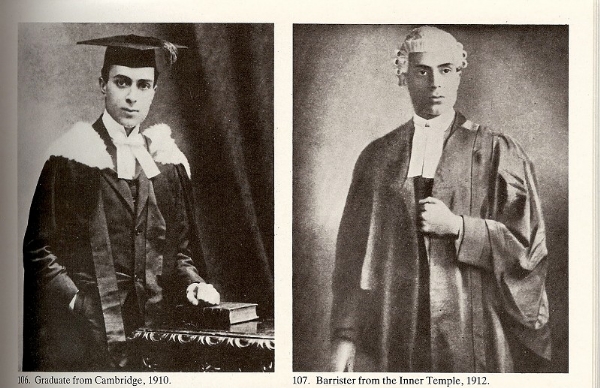
India's first Prime Minister, Pandit Jawaharlal Nehru is often referred to as the most rational Prime Minister. Nehru's scientific approach is often admired. But what did science really mean to Nehru? What all did he approve as 'science'? His choices, his approvals, no matter how much ever influenced by personal choices were decisive in choosing India's fate. Being the first Prime Minister of independent India, his role was pivotal in shaping India into a nation that is strong enough to face the complexities of the then bipolar world. And what was Nehru's approach in this direction?
India is today a country that holds a legacy of a civilization that dates back to tens and thousands of years ago. One of the most ancient clusters of human civilizations lived in India. India's journey is a pathway of pride and glory until the mediaeval times when India had to walk the path of slavery that was a gift provided by the Islamic rulers, leading only to British colonialism in modern history. However, all hard times are destined to end and so was the case with foreign rule in India.
The dawn of Aug 15, 1947 witnessed the rebirth of Indian civilization in a way like never before. On the midnight of Aug 15, Pandit Nehru with his legendary speech of 'Tryst with destiny' announced India's glorious dream to become an independent nation had become a reality. But during the time ahead of our independence, did India really live to its dream?
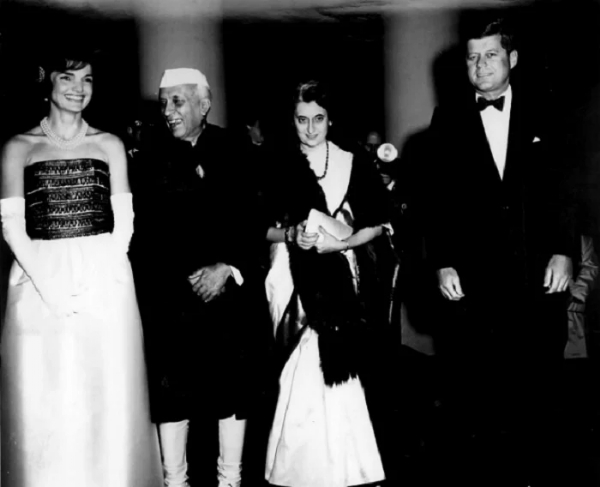
Over a period of 200 years of British rule, India lost its ancient soul to a western colonial power. Not that its remnants were all gone. Ancient knowledge of the land might had lost its dominance in Indian practices but it hadn't completely died. Rather, it can never be killed.
On contrary to the western countries and colonial powers, India was a land where both Science and Philosophy were coexisting in synergy. Indian sciences had witnessed significant discoveries of mankind hundreds of years ahead of the western world. The way the experiments were executed definitely differed. Starting from discovery of an atom that is crucial in fundamental physical sciences to the science of surgery that comes under applied science, India was a pioneer in all kinds of important discoveries.
But, unfortunately, 200 years of British rule molded the Indian perception about its own scientific legacy in such a way, that India somehow just abandoned its own legacy and became a follower of the west. Even worse, the independence, didn't make any difference on these lines. Ideologically, India continues to remain a colony of the west even today.
Coming back to Nehru's role in this process, Nehru was the political head of a new born nation in a world that had not yet overcome the trauma of World War II. The challenges India had ahead of it in those times were arduous. Diplomatically, the support needed to raise a new born nation up to the standards of a complex post war world was uncertain. In such times, Pandit Nehru had two choices; the easier one of either to accept the superiority of western sciences or the difficult one to struggle with the indigenous identity and expanse of Indian sciences. And Pandit Nehru chose the former.
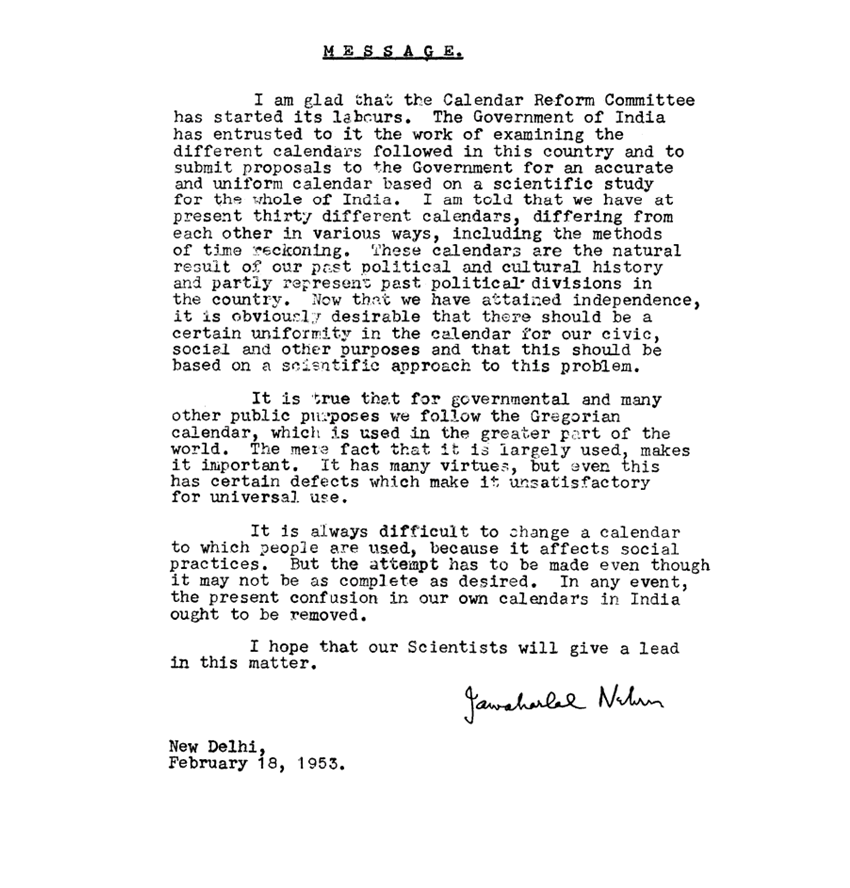
Personally, it was a clear choice for Jawaharlal Nehru. This is because Pandit Nehru was born in privileged family, in British India. A graduate from Cambridge's Trinity College, Nehru had always been attracted to the British ways of living. It is evident in many of his speeches as well. In the silver jubilee session of the Indian Science Congress in Calcutta held in Jan 1938, Pandit Nehru said;
"Though I have long been a slave driven by the chariot of Indian politics, with little leisure for other thoughts, my mind has often wandered to the days when as a student I haunted the laboratories of that home of science, Cambridge. And though circumstances made me part company with science, my thoughts turned to it with longing."
Pandit Nehru's readiness to overcome ancient Indian scientific knowledge with a modern, and more precisely 'westernized' approach towards existing knowledge becomes clear yet again in his book 'The Discovery of India';
"The applications of science are inevitable and unavoidable for all countries and peoples today. But something more than its application is necessary. It is the scientific approach, the adventurous and yet critical temper of science, the search for truth and new knowledge, the refusal to accept anything without testing and trial, the capacity to change previous conclusions in the face of new evidence, the reliance on observed fact and not on pre-conceived theory, the hard discipline of the mind—all this is necessary, not merely for the application of science but for life itself and the solution of its many problems."
His statement in the Discovery of India resembles self doubt and disapproval for the science and scientific approach that was a significant element of Ancient India and was adored by nations and rulers from far over the world.
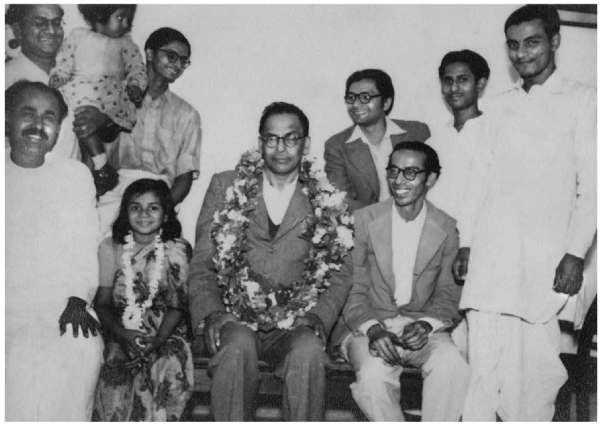
Meghnad Saha felicitated after being elected in Parliament, 1952
After independence, as the Prime Minister of India, of a unified country of diverse cultures, history and practices, Pandit Nehru constituted a committee headed by Astrophysicist Meghnad Saha to put a check on the calendar confusion that existed because of varied cultures and their varied timelines and provide suggestions to reform the existing calendar. For official purposes, India had been using the Gregorian calendar since the imposition of the British rule in 1757. In his message to the Committee, Pandit Nehru writes;
"I am glad that the Calendar Reform Committee has started its labours. The Government of India has entrusted to it the work of examining the different calendars followed in this country and to submit proposals to the Government for an accurate and uniform calendar based on a scientific study for the whole of India. I am told that we have at present thirty different calendars, differing from each other in various ways, including the methods of time reckoning. These calendars are the natural result of our past political and cultural history and partly represent past political divisions in the country. Now that we have attained independence, it is obviously desirable that there should be a certain uniformity in the calendar for our civic, social and other purposes and that this should be based on a scientific approach to this problem."
Administrative troubles pushed Pandit Nehru towards constituting a Calendar Reforms Committee, but his approach in his message to the committee, seems to be of distrust of the ancient timelines, than an approval of unifying the different calendars. However, what the committee came up with as suggestions was absolutely brilliant. The Calendar Reform Committee headed by Meghnad Saha provided a unified version of all the existing calendars in India.
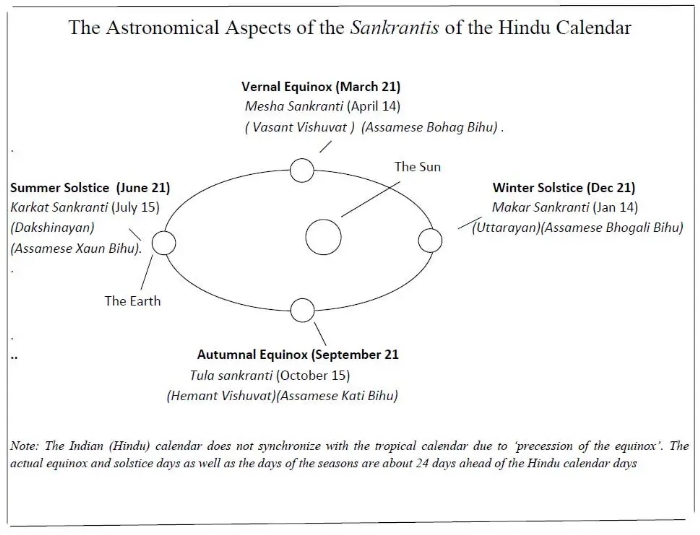
The Committee had leading mathematicians and astrophysicists, including Prof. A.C. Banerjee, Dr. K.L. Daftari, and Dr. Gorakh Prasad, Prof. R.V. Vaidya, Shri J.S. Karandikar and N.C. Lahiri as members. The terms of reference for the committee was to examine all the existing calendars which were being followed in the country and after a scientific study of the subject, submit proposals for an accurate and uniform calendar for the whole of India. Prime Minister Jawaharlal Nehru issued a message on Feb 18, 1953;
"Now that we have attained independence, it is obviously desirable that there should be a certain uniformity in the calendar for our civic, social and other purposes and that this should be based on a scientific approach to the problem."
The task before the Committee was an elaborate one. India had 30 different systems for fixing up the same holidays in different parts of the country and frequently, two rival schools of panchanga makers in the same city fixed up different dates for the same festival. For the next three years, the Committee studied 30 Indian calendars and a few other calendars. Based on a scientific approach, it came up with the unified Indian Calendar. The Committee submitted its report to CSIR in 1955 and the Indian Govt accepted the Committee's recommendations, and the unified National Calendar came into use with effect from March 21, 1956.
Interestingly, in the report submitted to CSIR, it states that ‘Calendars are based partly on SCIENCE which nobody is permitted to violate and partly on CONVENTIONS which are man-made and vary from place to place’. The harmonized calendar was a classic balance of scientific approach and social practices that existed in India, during that time.
But here lies the actual failure of PM Nehru and his every other successor of the authority, for not implementing the calendar effectively that has resulted in an absolute vacuum in this area. Pandit Nehru will always be praised for constituting a committee for such a significant purpose, which he definitely deserves.
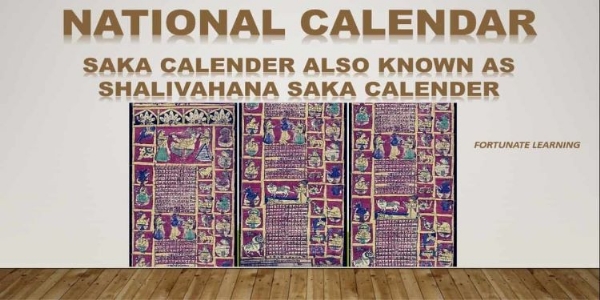
But was the purpose of the committee really fulfilled? Why do we need 65 years after its implementation to know about such well composed calendar? After such an exquisite harmonized calendar created by the Committee, if it never reached the common masses then what was even the point of the three year long effort. I'm sure none of the Indian masses were aware of any such calendar being adopted on administrative level, until recently when the present govt decided to recognize it once again.
Neither was the calendar noticeably referred to in govt documents. There loses the whole purpose of the the Calendar Reform Committee, and there can be no other than Pandit Nehru and his successors to be held responsible for it. Was it because the calendar was not solely based on Science and included conventional elements as well? For an obedient follower of the British and the west like Pandit Nehru, such a scientific yet practical harmonized calendar might have been disappointing, considering his affection to western sciences.
PM Nehru will definitely be remembered to initiate such an effort but he overshadowed his own work by refusing its maximized reach all over the nation. PM Nehru definitely dreamed of an India that aced in the field of Science and technology, that would fit to the standards of a complex geopolitical set up of 21st century, but at the cost of ancient Indian sciences.
-- The article is based on Pandit Nehru's original quotes from his speech at the Indian Science Congress, 1938, his book 'The Discovery of India', the report of Calendar Reform Committee and CSIR's article about Indian calendar and IST.



